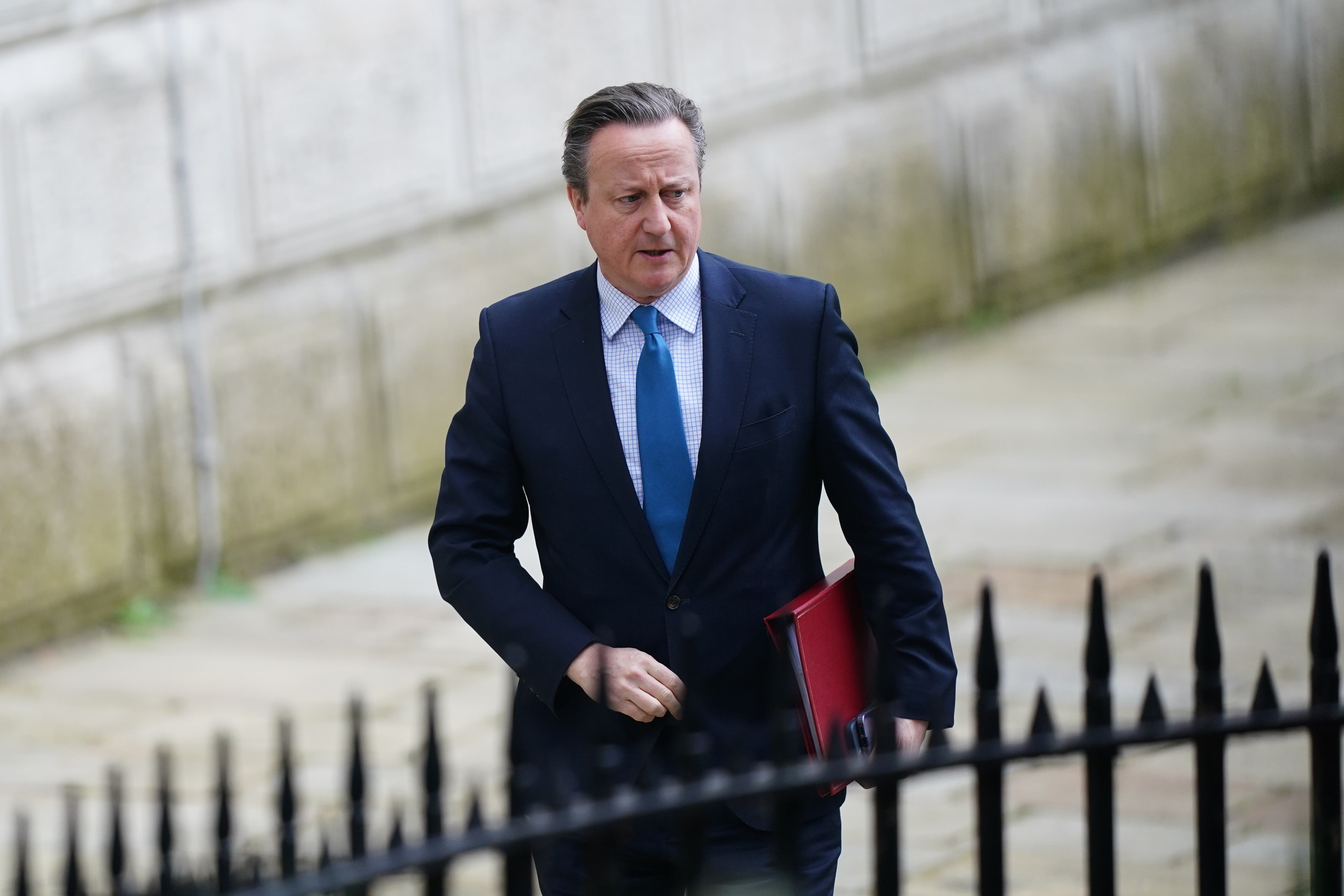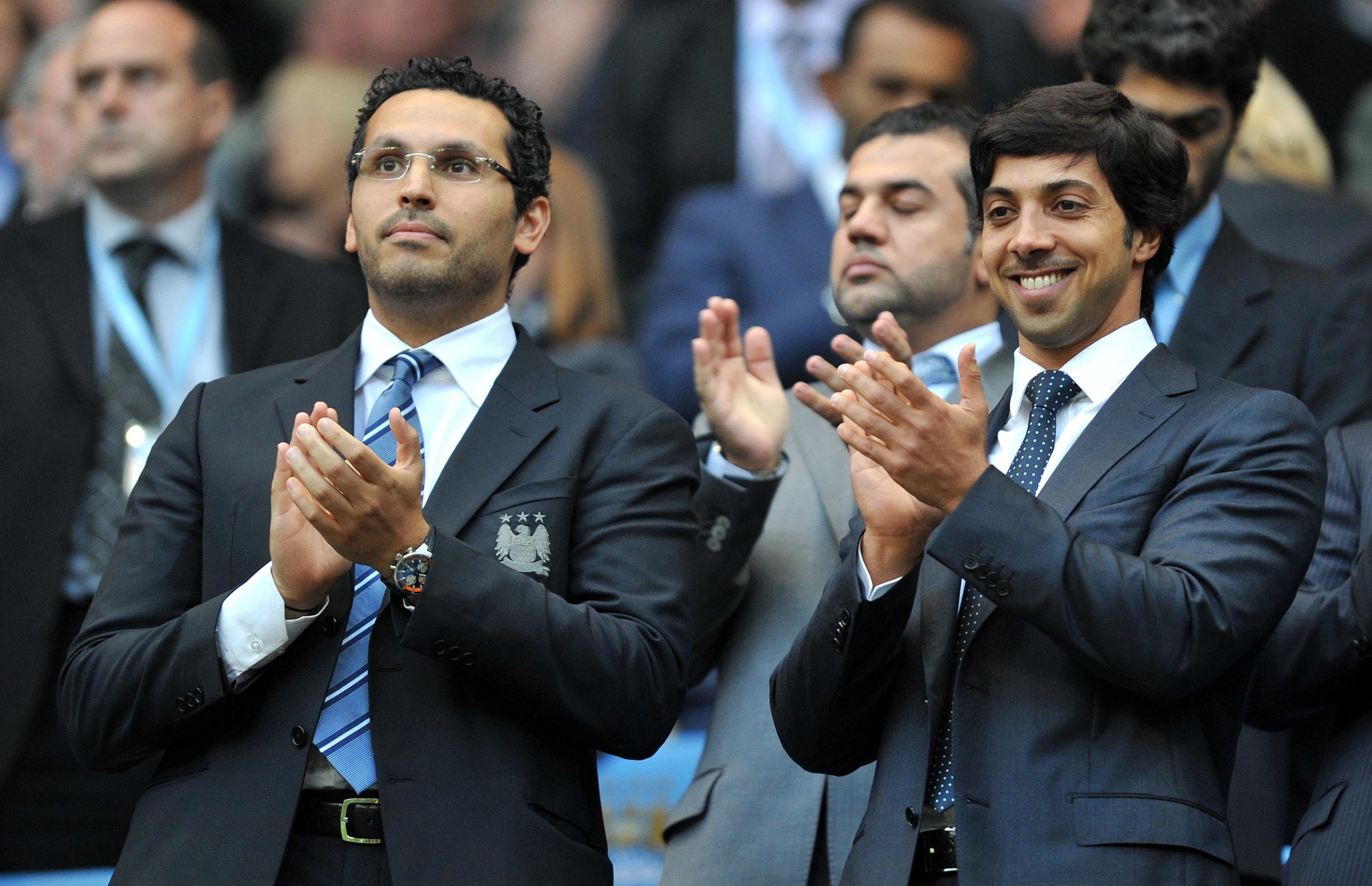New football regulator could help foreign state ownership of Premier League clubs
Activist groups are concerned that a clause in the government bill for an independent regulator may facilitate foreign countries buying English football clubs

Your support helps us to tell the story
From reproductive rights to climate change to Big Tech, The Independent is on the ground when the story is developing. Whether it's investigating the financials of Elon Musk's pro-Trump PAC or producing our latest documentary, 'The A Word', which shines a light on the American women fighting for reproductive rights, we know how important it is to parse out the facts from the messaging.
At such a critical moment in US history, we need reporters on the ground. Your donation allows us to keep sending journalists to speak to both sides of the story.
The Independent is trusted by Americans across the entire political spectrum. And unlike many other quality news outlets, we choose not to lock Americans out of our reporting and analysis with paywalls. We believe quality journalism should be available to everyone, paid for by those who can afford it.
Your support makes all the difference.The independent football regulator may have the effect of facilitating state ownership of clubs, due to a clause in the bill that activist groups believe contradicts the core aim of ensuring “the long-term sustainability and resilience of English football”.
Clause 37 of the Football Governance Bill states that the body “must also have regard to the foreign and trade policy objectives” of the UK government in determining whether a buyer is suitable to own an English football club. This has led to FairSquare, ALQST for Human Rights and fan groups to write a letter to the secretary of state for Digital, Culture, Media and Sport Lucy Frazer and foreign secretary David Cameron, expressing concern about the potential consequences, and how it could even undermine the independence of the regulator regarding the core issues it was set up to address. Some Premier League clubs had already lobbied for state ownership to be banned in earlier consultations.
The Independent has been told the prospect has raised further concerns about the regulator within the wider football pyramid. The letter includes the fear that any state-linked takeover attempt may be obliged to consult government, but sources have insisted that would not be the case and that this is not how it would work. There is nevertheless a concern that the clause represents “outrageous overreach”.

State-linked ownership is nevertheless highlighted as “arguably the greatest threat to the sustainability, integrity and vitality of football in England and beyond”. This is primarily due to how the inferred political aims of such ownerships and state representation run counter to clubs’ role as community representatives, while also historically causing the financial inflation that the regulator has been established to tackle.
The letter points to the apparent contradiction of how the white paper identifies that “English football is currently endangered by the high and growing risk of financial failure among clubs” but “made no reference to the capacity of state-owned clubs to outspend other clubs”, posing “a specific threat to the integrity of English football, by creating unsustainable inflationary pressures”.
Fair Square wrote to DCMS in March 2023 in response to the publication of the government white paper on football governance, specifically raising this concern. The DCMS responded that “the regulator will not have the remit to assess… the suitability of state ownership”, but concerns have been raised about how the bill goes further than this. “This raises the spectre of British foreign policy objectives and priorities overriding the IFR’s mandated role to only allow individuals with the requisite ‘honesty and integrity’ to maintain or assume control of English clubs,” the letter reads.

It further points to how Boris Johnson’s government “went to substantial lengths to ensure that a consortium controlled by the government of Saudi Arabia were able to assume control of Newcastle United”, and how the current UK government has refused to release information on Foreign Office correspondence related to the Premier League charges against Manchester City for alleged breaches of financial rules, under the justification it would “prejudice the interests of the UK abroad”.
The issue may have the effect of putting the regulator further at odds with Premier League clubs, since there is a growing rump who want football authorities to tackle the issue of state ownership.
The FairSquare letter also highlights how the government recently introduced legislation to ban full foreign state ownership of media organisations, in response to the proposed takeover of the Daily Telegraph by a consortium led by the UAE government. “In view of the social, political, economic and cultural importance of football clubs, we urge you to afford them similar protections from foreign state investment”, the letter reads.
The explanation from within government is that the clause is inserted on the stance that the regulator should not get involved in issues of foreign policy, inward investment policy or have any role in setting it. This would essentially mean the regulator shouldn’t be making judgements on countries it feels “unsuitable” but instead needs to take into account the government’s position. It is similarly viewed as inappropriate for the government to make unilateral assessments of human rights concerns. However, if an owner or connected official is sanctioned in accordance with the Global Human Rights Sanctions Regulations 2020, then they would most likely be prohibited from being a club owner or director. The strong belief from within DCMS is the regulator reduces the risk of unsuitable custodians without deterring investment.
Join our commenting forum
Join thought-provoking conversations, follow other Independent readers and see their replies
Comments